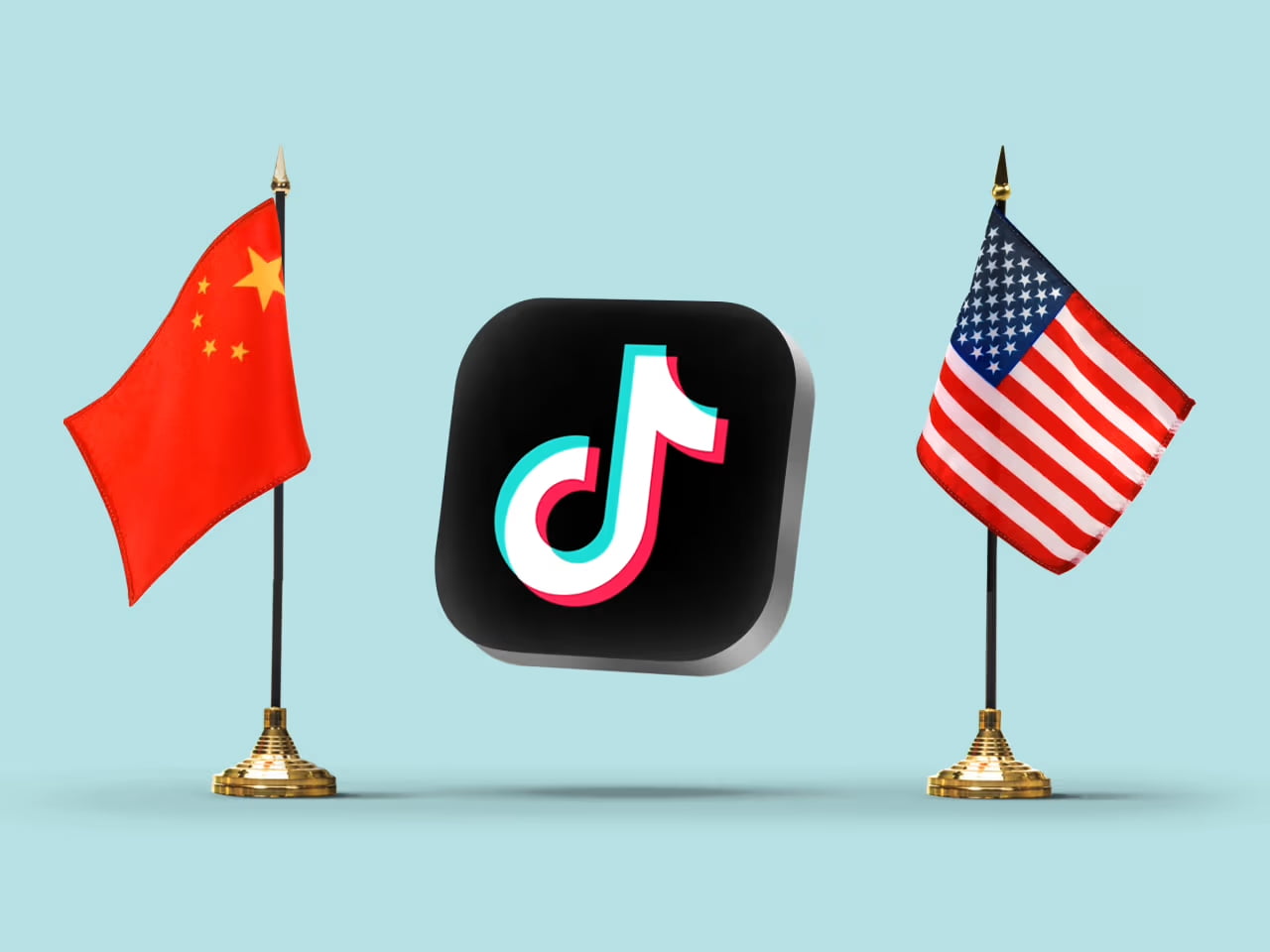The ban on Chinese-owned TikTok by the US has sparked significant controversy and raised concerns about national security and data privacy. The House of Representatives recently passed a bill that could lead to a ban on TikTok in the US, citing worries about the app’s ownership by ByteDance, a Chinese tech giant. Lawmakers argue that ByteDance’s ties to the Chinese government could pose a threat to American data security, as China’s national security laws could compel access to user data. This move comes amidst a broader geopolitical context where countries like India have already banned TikTok over similar concerns.
The potential ban on TikTok in the US has triggered reactions both domestically and internationally, with discussions on social media platforms like Weibo reflecting mixed sentiments. Users have questioned the escalation of business issues to national security levels and highlighted the complexities of US-China commercial relations. The controversy surrounding TikTok extends beyond just its ownership, touching on issues of technology export control, algorithmic secrets, and the broader implications for US-China relations. The ban on TikTok represents a significant step in addressing perceived national security threats posed by Chinese-owned apps operating in the US, setting the stage for further debates on data privacy, surveillance, and international trade dynamics.
Dissecting the Reasons Behind the US Ban on TikTok
All the views and opinions are those of the author. Image Credit – BARRON’s.
About the Author
Mahima Sharma is an editorial staff at The Viyug. She is a research analyst at the Global Strategic & Defence News. She holds a Bachelors degree in Political Science from Panjab University.



